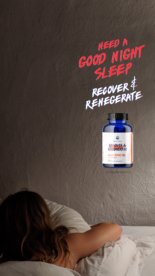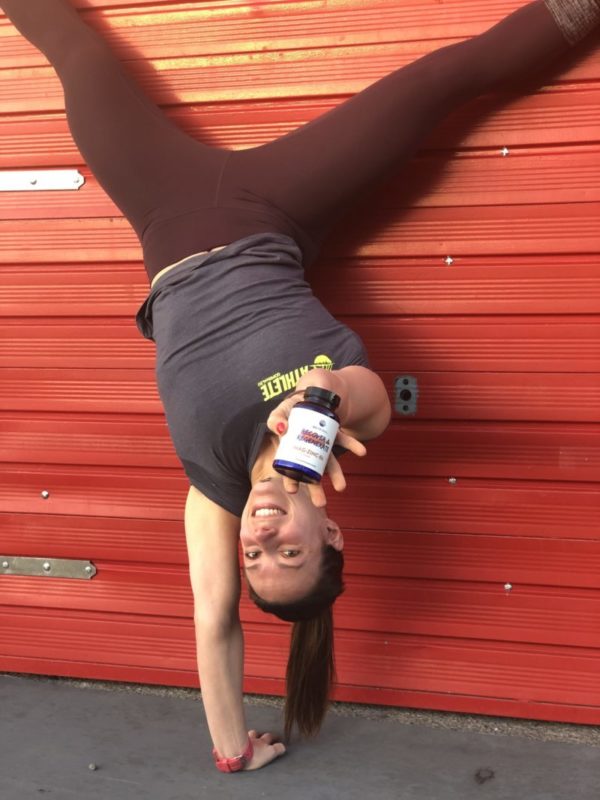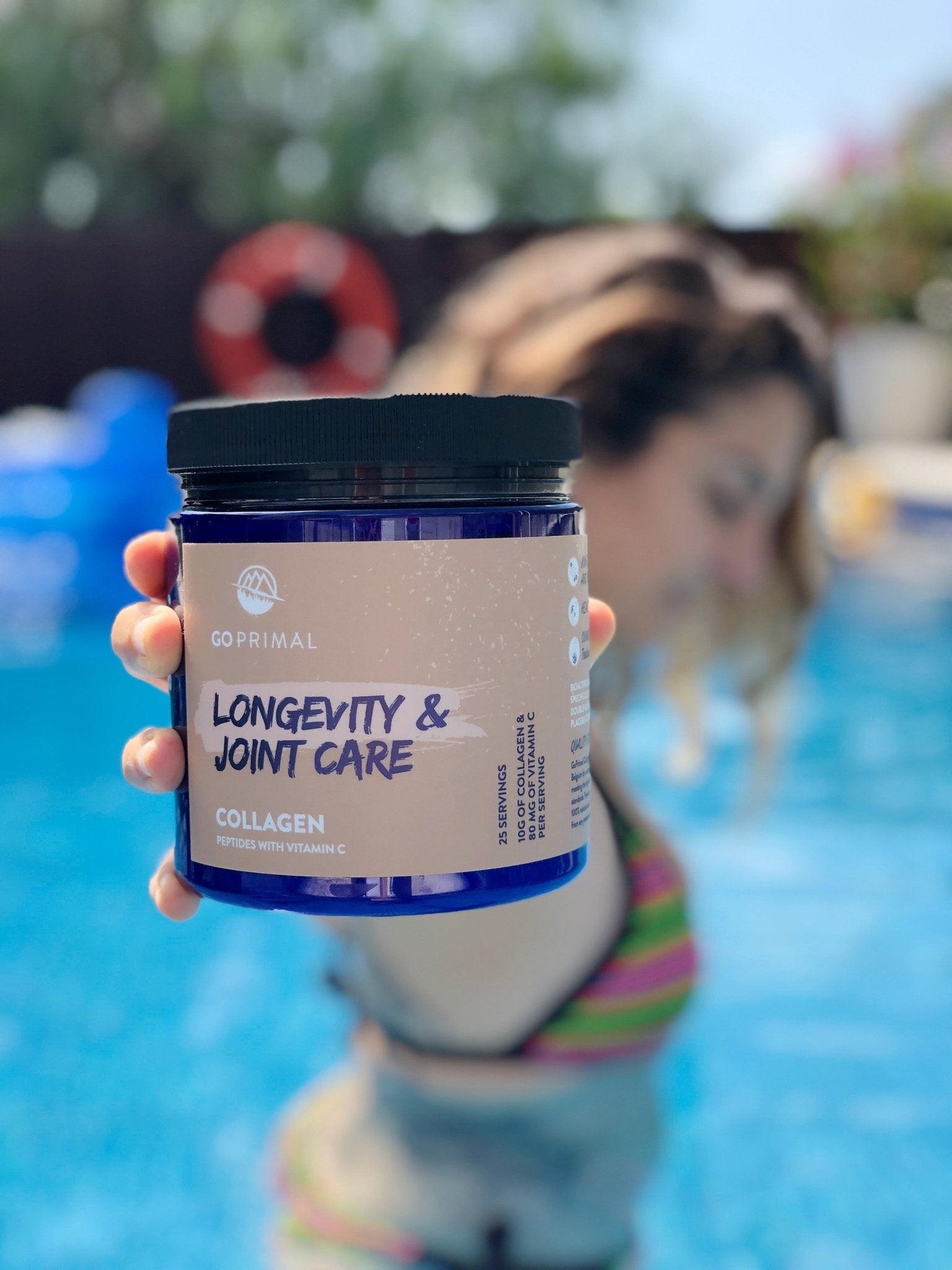
How to Sleep Better. Optimise your recovery
How to optimise your sleep, recover faster and have much more energy the next day are questions that we get every week.
Check out our latest video to understand what makes a great sleep one of the best performance and health enhances that are available to everyone. Sleep is the most important part of your recovery of your health in general and definitely for athletes after training. The better quality of your sleep, the better your recovery. Your sleep cycle contains different types of sleep. Specific parts of the body will recover during each sleep phase.

How Magnesium , Zinc and Vitamin B6 can improve your sleep and recovery
What is Magnesium? Do only athletes have to take it only for muscle cramps? If I am not an athlete, should I take magnesium? Lets go over this and some other questions in this new video

 So what about supplements?
So what about supplements?
There are several types of magnesium forms in supplements. The best are Magnesium-glycerophosphate, Magnesium- bisglycinate, Mg-taurate. Always avoid Magnesium-oxide. The body does not absorb this type of mg and only causes diarrhea. The body can only absorpt max. 300mg of Magnesium per uptake moment. If a capsule or tablet contains more. Think twice about buying it. The recovery and regenerate supplement of GP contains 150mg Magnesium per capsule. The recommendation is two caps per day. I hope the importance of Magnesium was clear. A magnesium therapy every couple of months is recommended for everyone!
Check out our latest video to understand what makes a great sleep one of the best performance and health enhances that are available to everyone. Sleep is the most important part of your recovery of your health in general and definitely for athletes after training. The better quality of your sleep, the better your recovery. Your sleep cycle contains different types of sleep. Specific parts of the body will recover during each sleep phase.

-
REM sleep: REM (rapid eye moment) is a sleep phase later during the night. It is important for memory and mood recovery.
-
Light sleep: This sleep phase is the biggest part of the night. Light sleep promotes mental recovery.
-
Deep sleep: During the deep sleep phase your physical recovery takes place. An optimal deep sleep is very important for athletes. The better your deep sleep, the more refreshed you feel.

- Keep your room cool (around 18°C or 65° F)
- Wind down before you go to bed:
- do some breathing exercises
- Take a nice bath or shower
- Do some stretching or meditation
- Use organic essential oils like lavender in the bedroom
- Listen to soundscapes, relaxing music or bed time stories
- Don’t use a screen right before you go to sleep. The blue light of a phone, television, ipad decreases the production of melatonin (sleeping hormone).
- Wear blue light blocking glasses if your using screen starting from 7 pm.
- Watch your caffeine intake.
- Exercise regularly and eat healthy.
How Magnesium , Zinc and Vitamin B6 can improve your sleep and recovery
What is Magnesium? Do only athletes have to take it only for muscle cramps? If I am not an athlete, should I take magnesium? Lets go over this and some other questions in this new video

What is magnesium?
Magnesium is a mineral in the human body. It plays several important roles in the health of your body and brain. Every cell in our body contains magnesium and needs it to function. So you get the importance, right? Magnesium is used to improve sleep quality, to help relaxation of muscles and other tissue, together with zinc is one of the best antiviral supplements you can take.Functions:
it’s involved in more than 600 reactions in your body, like:- Energy creation: Helps convert food into energy.
- Protein formation: Helps create new proteins from amino acids.
- Gene maintenance: Helps create and repair DNA and RNA.
- Muscle movements: Is part of the contraction and relaxation of muscles.
- Nervous system regulation: Helps regulate neurotransmitters, which send messages throughout your brain and nervous system.
Performance
Prevention of muscle cramps. It is involved in the contraction and relaxation of muscles. This is the main reason why all our customers feel an automatic benefit, specially in muscle soreness. Many times due to a lack of rest, sleep or bad nutrition our body is not able to relax the tissue after a strenuous exercise routine.
Stress support
It helps the body relax after acute stress situations and it has a positive impact on your sleep. One of the biggest problems of our modern society is stress. There are many factors that alter our stress, from light, noise, due the most known work, exams, family etc... Many athletes suffer from stress, before competition or even during training, as Fronnin once stated that was his reason for dropping individual competition. Athletes are under pressure to reach a certain level of performance, to beat their opponent or even their gym rivals....It Has Benefits Against Type 2 Diabetes
Magnesium has a positive effect on the insulin resistance and blood sugar levels.Magnesium Improves PMS Symptoms
Good levels of magnesium reduce premenstrual syndrome symptoms (water retention, abdominal cramps, tiredness and irritability) And then there are the other 596 or more mg functions. To answer the question, do only athletes need magnesium? Knowing a it has such a big of an impact on our body’s regulation, everybody benefits of a magnesium supplement.Magnesium in food
A lot of foods contain magnesium but as a consequence of depleted grounds in current agriculture. We don’t get enough magnesium through food. Soil depletion, what is it and how it affects us - Due to modern farming, soils have been overused to continues farming cycles, maximising the amount of units that they can produce, but and this is a big but, the quality of the ingredients have dropped not only in taste, but also in the amount of vitamins and minerals that they can provide. No matter how healthy we are eating, unless we are able to get the vegetables from a local organic source that we know exactly their farming process, we wont be able to get all the nutrients we used to obtain from food. This is why, supplementing with Magnesium and other multivitamins is so important, so we have a pretty solid baseline. So what about supplements?
So what about supplements? There are several types of magnesium forms in supplements. The best are Magnesium-glycerophosphate, Magnesium- bisglycinate, Mg-taurate. Always avoid Magnesium-oxide. The body does not absorb this type of mg and only causes diarrhea. The body can only absorpt max. 300mg of Magnesium per uptake moment. If a capsule or tablet contains more. Think twice about buying it. The recovery and regenerate supplement of GP contains 150mg Magnesium per capsule. The recommendation is two caps per day. I hope the importance of Magnesium was clear. A magnesium therapy every couple of months is recommended for everyone!


